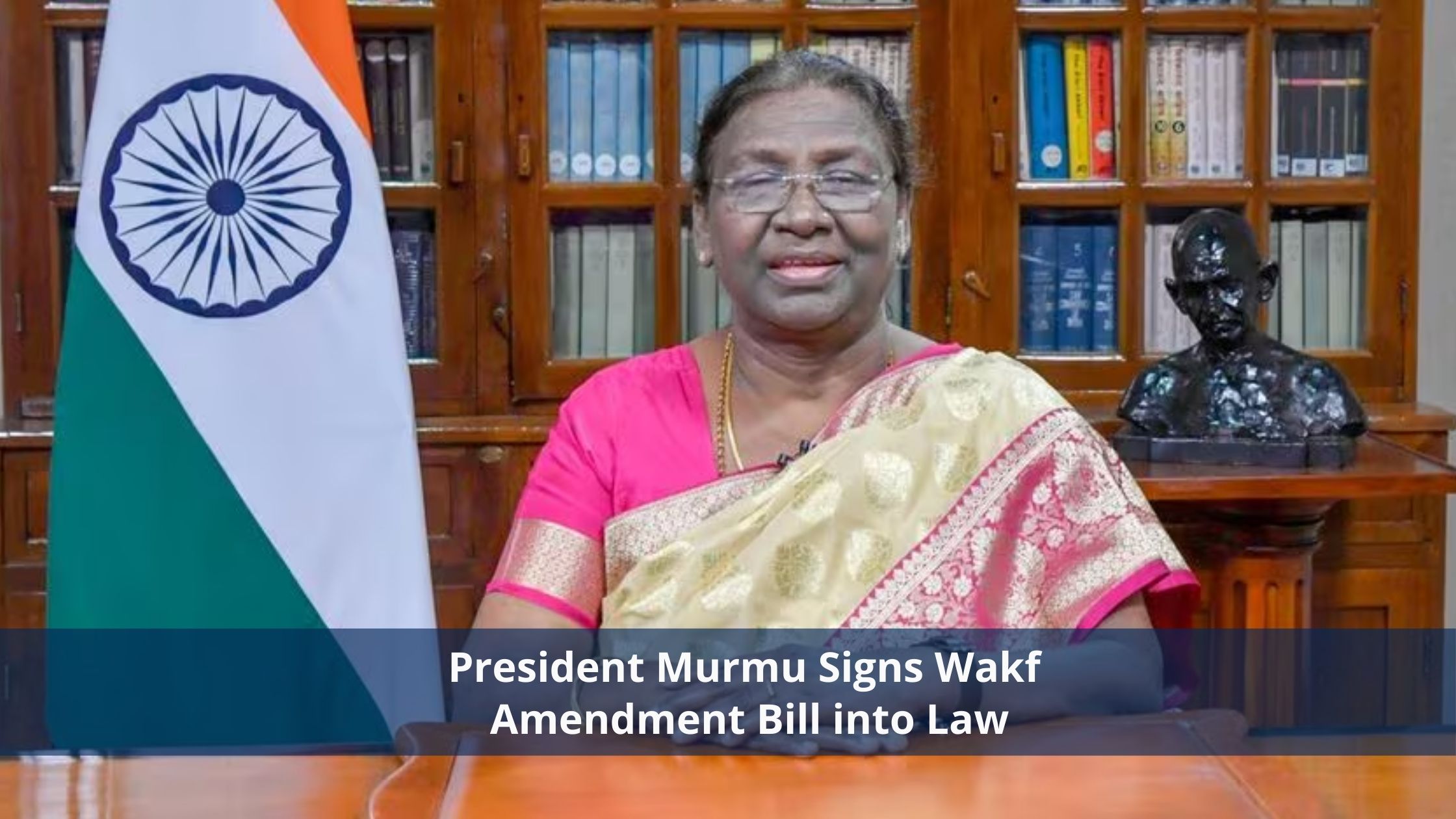
With the President’s assent, the Wakf (Amendment) Bill has officially become law, bringing significant changes to the way wakf properties will now be managed across the country. The law, which has already stirred political and legal debates, is now applicable nationwide. However, major opposition parties such as the Congress, AIMIM (All India Majlis-e-Ittehadul Muslimeen), and the Aam Aadmi Party (AAP) have challenged it in the Supreme Court, raising serious constitutional concerns.
The Wakf Act governs the administration of properties donated by Muslims for religious, charitable, or community welfare purposes. These properties, once declared as wakf, are meant to be preserved and managed under the supervision of state wakf boards or the Central Wakf Council. These boards act as custodians of the property, ensuring its use aligns with the donor's original religious or charitable intent.
The Act has existed for decades and has been amended several times to accommodate legal clarity, administrative efficiency, and better accountability. The latest amendment, however, has sparked significant national attention.
The Wakf (Amendment) Act introduces several major changes to the existing framework. Some of the notable features include:
The government argues that the amendment is aimed at streamlining the management of wakf properties and protecting them from unlawful occupation, mismanagement, and exploitation. It is being pitched as a reformative step towards accountability and modernization.
Despite the government's claims, the passage of the amendment has not been without controversy. Opposition parties, especially those with strong minority support, have taken issue with both the content and the process of the new law.
In response to these concerns, Congress, AIMIM, and AAP have moved the Supreme Court, challenging the constitutional validity of the Act. They argue that it violates the fundamental rights guaranteed under Articles 25 and 26 of the Constitution, which pertain to religious freedom and the management of religious institutions.
With the law now officially enacted, the Supreme Court will become the key battleground for its future. Legal experts anticipate that the court will have to carefully examine whether the provisions align with constitutional principles, especially in the context of minority rights and religious freedom.
At the same time, state wakf boards will begin implementing the new guidelines, updating their record systems, and aligning themselves with the new compliance and transparency requirements. Whether this results in better protection of wakf properties or administrative friction remains to be seen.
India has lakhs of wakf properties, some in prime urban areas, which are worth billions of rupees. Over the years, many of these properties have been caught up in controversies involving encroachment, corruption, and unauthorized transfers. By attempting to reform this sector, the government seeks to bring about better governance and safeguard community assets.
However, the balance between regulation and religious autonomy is delicate. Laws that affect the rights of religious communities must be handled with care, transparency, and wide consultation to avoid alienation and unrest.
The Wakf (Amendment) Act is now the law of the land. While it promises better management and protection of religious endowments, it also raises critical constitutional and communal questions. As the case reaches India’s highest court, the coming months will be crucial in determining not just the legality of the law, but also its real-world implications on faith, governance, and community rights. Drop your thoughts in the comments on https://forms.gle/RMs3hVzHNBRPovLD7